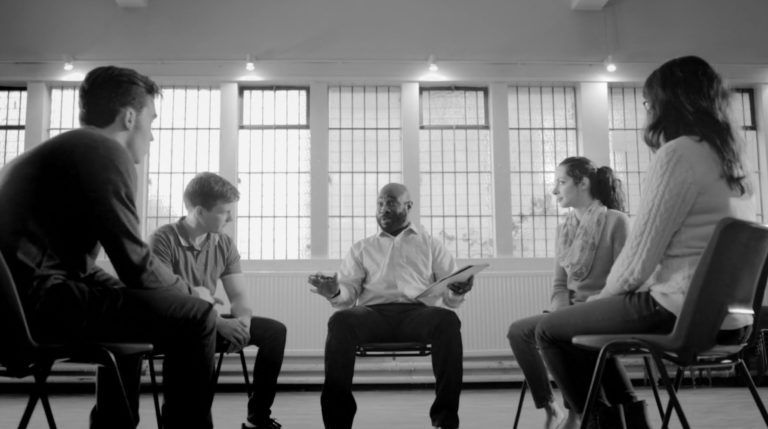What is a Restorative Justice Model and How Can We Use It?
Benefits of these models are decreased fear for victims, reduced recidivism for offenders.

Restorative justice is a model of justice that emphasizes the rehabilitation of offenders and the repair of the harm done to victims. It is based on the idea that crime is a violation of relationships and that the goal of justice should be to repair those relationships. Restorative justice programs can take many different forms, but they all involve some form of dialogue between the offender, the victim, and other stakeholders in the community.
Retributive justice, on the other hand, is a model of justice that emphasizes punishment of offenders. This model is what you most likely see in the vast majority of jurisdictions. It is based on the idea that crime is a moral wrong and that the goal of justice should be to punish offenders in a way that is proportional to their crime. Retributive justice programs typically involve the offender being sentenced to prison or other forms of punishment.
There are three significant reasons why restorative justice may be a preferable model of justice over retributive justice, after years of relying on the latter form, which has delivered mixed results when it comes to preventing recidivism and improving community safety.
First, restorative justice is more likely to result in the rehabilitation of offenders. When offenders participate in restorative justice programs, they are often given the opportunity to apologize to their victims and to make amends for the harm they have caused. This can help offenders to understand the impact of their crimes and to develop a sense of empathy for their victims. It can also help offenders to develop a sense of responsibility for their actions and to make a commitment to changing their behavior.
Additionally, restorative justice is more likely to result in the repair of the harm done to victims. When victims participate in restorative justice programs, they are often given the opportunity to share their story and to ask questions of the offender. This can help victims to feel heard and to understand the reasons for the crime. It can also help victims to develop a sense of closure and to move on from the crime.
Finally, restorative justice is more likely to build community. When victims, offenders, and other stakeholders in the community participate in restorative justice programs, they are often able to develop a greater understanding of each other and to build relationships based on trust and respect. This can help to create a more just and safe community for everyone.
Research on restorative justice has found many positive benefits, such as high levels of participant satisfaction, decreased fear for victims, and reduced recidivism for offenders. Research has also suggested that restorative justice processes may have positive impacts on a participant's overall well-being.
You can read more about the restorative justice model at the Restorative Justice Exchange, an organization that works toward strengthening restorative practices in programs for prisoners, victims and families of prisoners.










